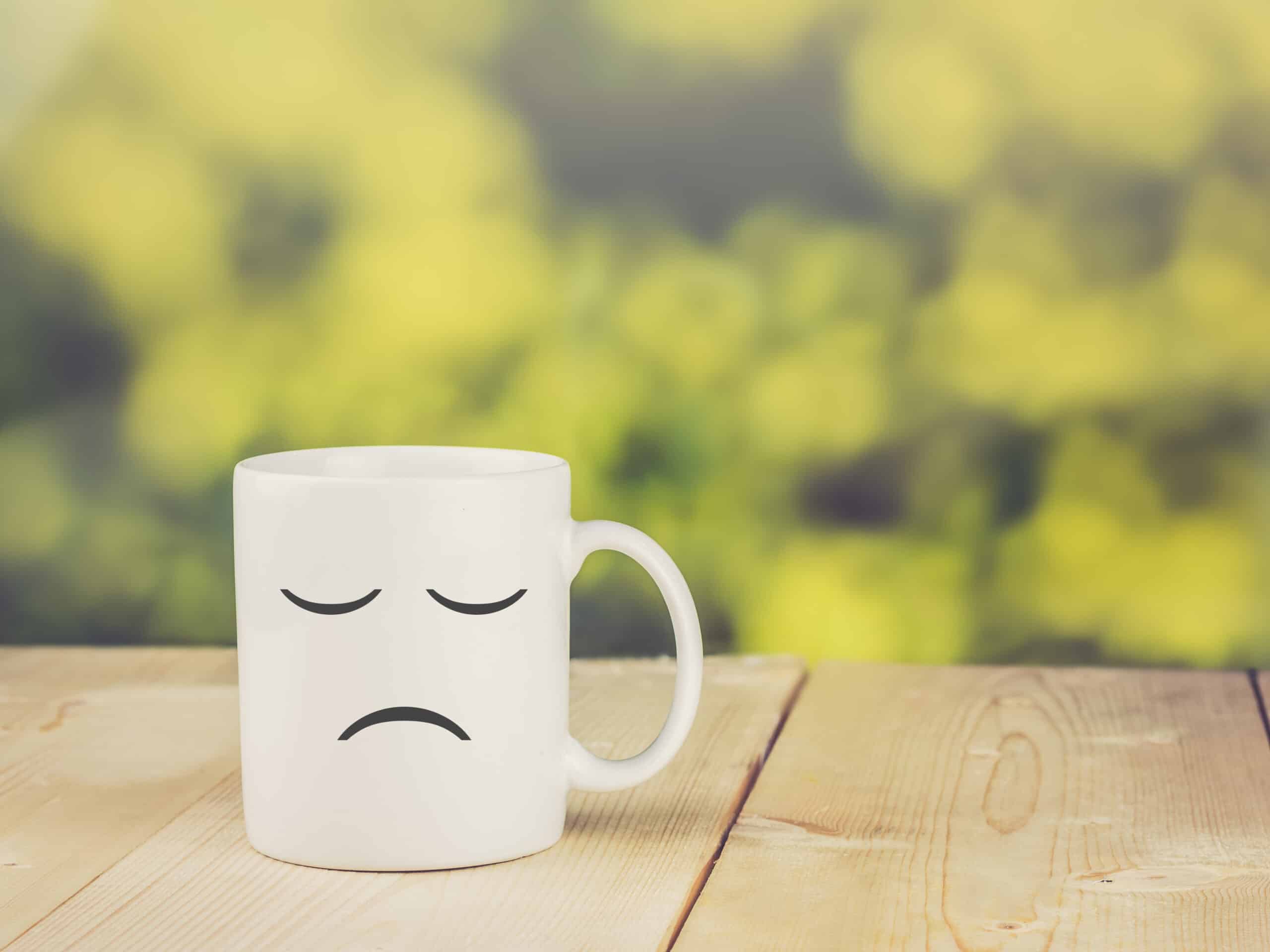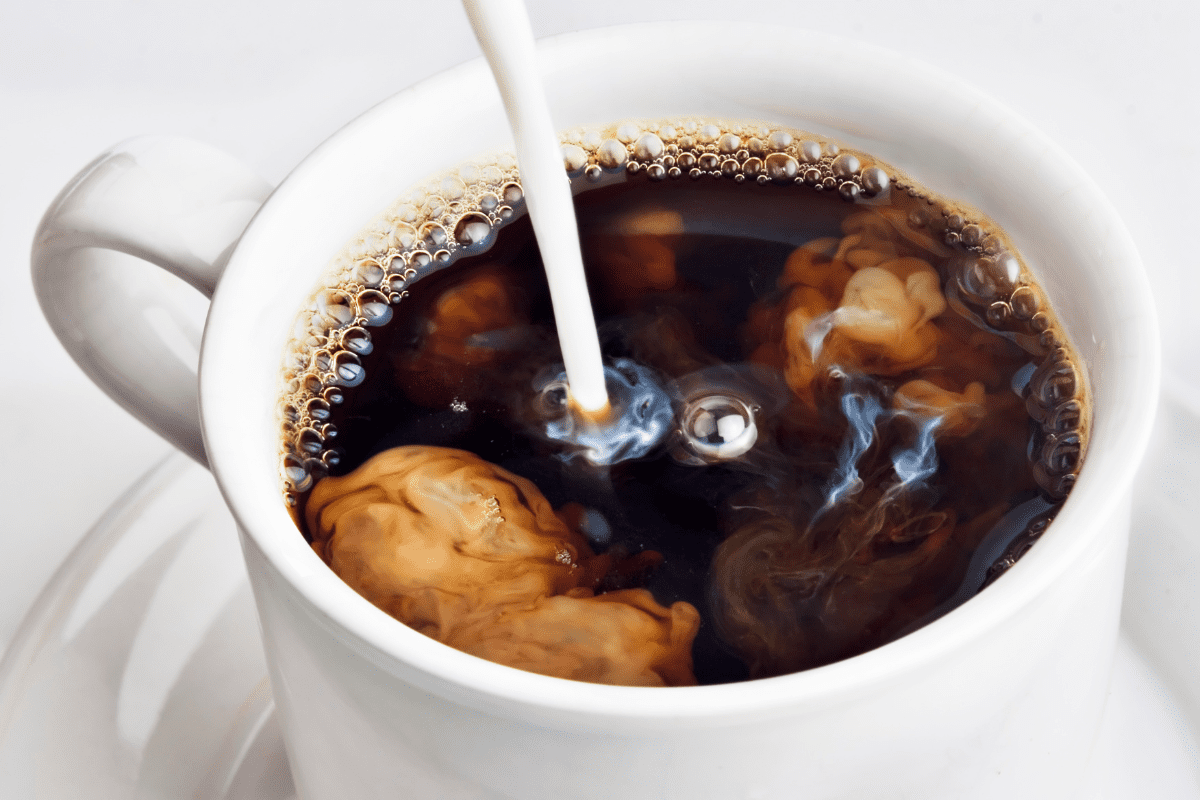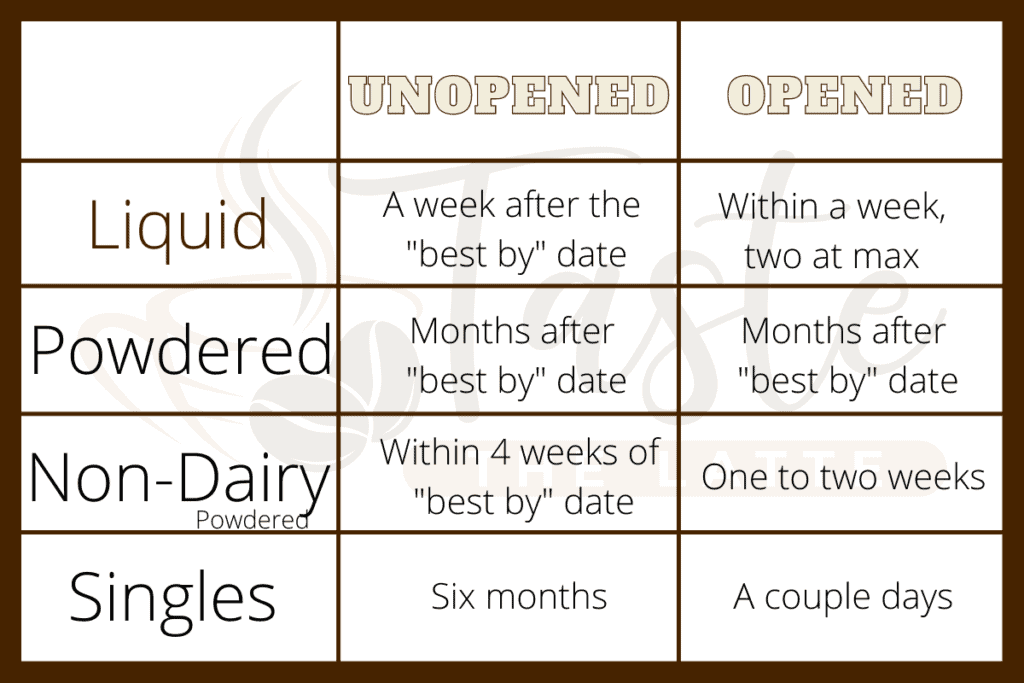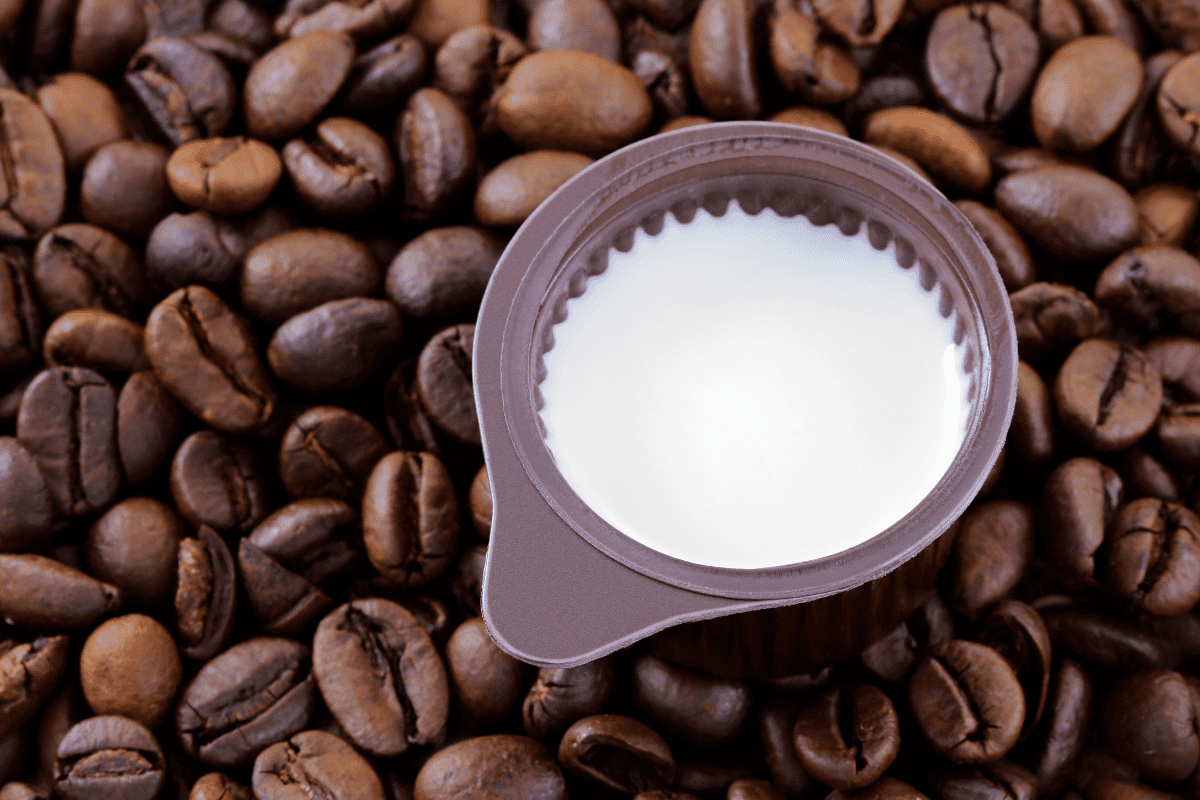Have you recently drank a cup of coffee, only to find that you get a salty taste in your mouth? The quality of your coffee beans and how it’s brewed can bring up different attributes of the coffee. But, salty isn’t one you’re hoping for.
A great-tasting cup of coffee will usually have a balance of different flavors and qualities where they all complement each other. Some people prefer their coffee to have a bit of a salty taste and may even add a pinch of salt if it has a bitter flavor.
But, if saltiness isn’t what you desire and you are tasting it anyways, continue reading. Your coffee can taste salty for a multitude of reasons.
Other than the possibility that the water used in the brewing process is salty to begin with, under-extraction is most likely the culprit of the salty coffee. Under-extraction can occur when insufficient water is used during brewing, the coffee grind is too coarse, or the machine is broken.
Let’s take a further look into each of these culprits and how to rid your coffee of that unwanted salty taste.
Why Does My Coffee Taste Salty?
The most common causes of salty coffee is that your water is salty to begin with or the coffee beans are under-extracted. First, let’s dive into using salty water.
Salty Water to Start With
Coffee is made from two components, coffee beans and water. The quality of the water you use to brew your coffee will affect its overall taste. In fact, your favorite cup of coffee is made with mostly water. It makes sense to go to the primary source first.
The saltiness you may taste in your water is due to sodium chloride, more commonly known as table salt. Sodium chloride can get into your water because of possible seawater seeping into the water lines or salt deposits found in the soil.
Another possible cause of salt in your water may be a faulty water softener system installed in your home. If the water coming from your faucet is salty and you have a water softener in your home, check out the system for any logical causes of malfunction. You may need to call out a repairman if you are unfamiliar with how your particular system works.
Check out our other article, “What type of water should I use in my coffee maker?” for more in-depth information on the best water to use when brewing coffee.
Using the tap is not the best source to get water from, especially if you live in areas with lesser quality. Some cities tend to have better water than others. The United States Environmental Protection Agency (EPA) collects data all over the U.S. and allows the public to access the water quality where they live.
Under-Extracted Coffee
If you’ve checked the water used to make your coffee, and it seems perfectly normal, then your salty coffee is most likely due to under-extraction.
Extraction is the process of pulling the flavor out of the coffee bean through hot water. When water is combined with coffee grounds, a chemical reaction dissolves the flavor compounds. If using a French Press, extraction refers to the amount of time the coffee grounds are immersed in water.
Over-extraction of the grounds can result in bitter coffee. On the reverse, sourness or saltiness can occur when the grounds are under-extracted.
Under-extracted coffee can occur for three reasons:
- Not enough water is used during the brewing process.
- The coffee grind is too coarse.
- The coffee maker is not functioning correctly.
1. Too Little Water Being Used
Determining the correct amount of water to use in brewing the perfect cup of coffee may take some trial and error. Everyone is going to have a different preference, so start somewhere and start experimenting.
Remember that using too little water in the brewing process can lead to a coffee with a salty taste. If you are only using a small amount of water, the coffee is not allowed the entire time it needs for the full flavor to be extracted by the water. This is what leads to that salty taste.
For more in-depth information and a table showing how much water to use, check out our other article, “What is the best coffee to water ratio?”
2. Coffee Grind Too Coarse
Grinding your coffee beans can take some practice. Two things will dictate the fineness or coarseness of the grind size you’re looking for. First, the brewing method significantly determines how fine or coarse your grounds should be.
Iif you are brewing with an Espresso, your grind size should be very fine, like the size of table salt. If you are using a French Press, you will want to use a coarse grind.
Below is a table explaining in detail how fine or coarse you want to grind your beans depending on what device you are brewing with.
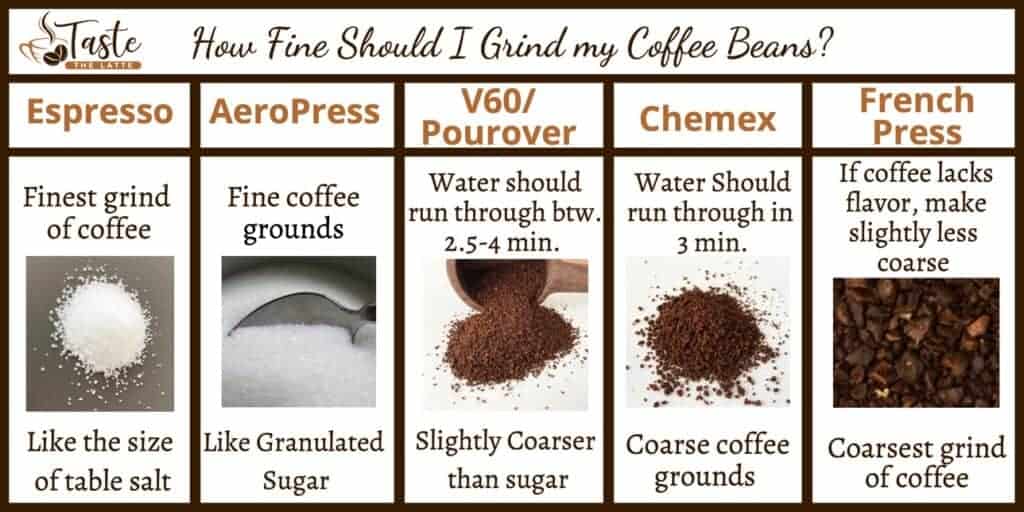
If your coffee grind is too coarse, the water will pass through too quickly and not be able to extract enough of the coffee flavor in the process. When your grind is the correct size (not too coarse), there is more surface area of the coffee, allowing the water to extract more of the coffee flavor.
For further explanation of how to determine how fine to grind your coffee beans, click here!
3. Coffee Machine not Functioning Correctly
Unfortunately, under extraction can result from your coffee maker not functioning correctly. If your coffee maker is older, it may be difficult to heat the water to the necessary temperature.
When this occurs, the grounds are under-extracted. This prevents all the good oils and coffee flavors from being extracted to make that perfect cup of coffee.
Another issue is when the brew time. When the time is shortened too much the water doesn’t have enough time to extract the oils and flavor from the coffee grounds.
For the typical person, these issues usually warrant a new coffee machine.
Why Would You Add Salt to Your Coffee?
You’ve read all the reasons why your coffee is salty, and how to remedy the problem. You may be curious as to why coffee drinkers would actually put salt in their beverage.
Salt can actually eliminate the bitter taste of coffee. It does so by activating the salt receptors on our tongues, thus blocking the bitterness. Since sodium ions are a primary component of salt, it neutralizes the bitter taste when drinking coffee. As the bitterness fades, the coffee’s natural sweetness is able to be tasted.
In fact, salt has been shown to do this better than sugar. Whereas sugar merely masks coffee bitterness, salt neutralizes it. This is excellent news if you are trying to cut down on your sugar intake, but can’t tolerate bitter-tasting coffee.
Don’t go overboard here though. You don’t need much salt to counteract bitterness. To read more about salted coffee, click here.

Final Thoughts
Hopefully, you’ll be able to determine the cause of your salty-tasting coffee after reading this and doing your investigative work. Remember to check the water you are using first, and then if that isn’t the cause of your salty coffee, follow our other recommendations.
